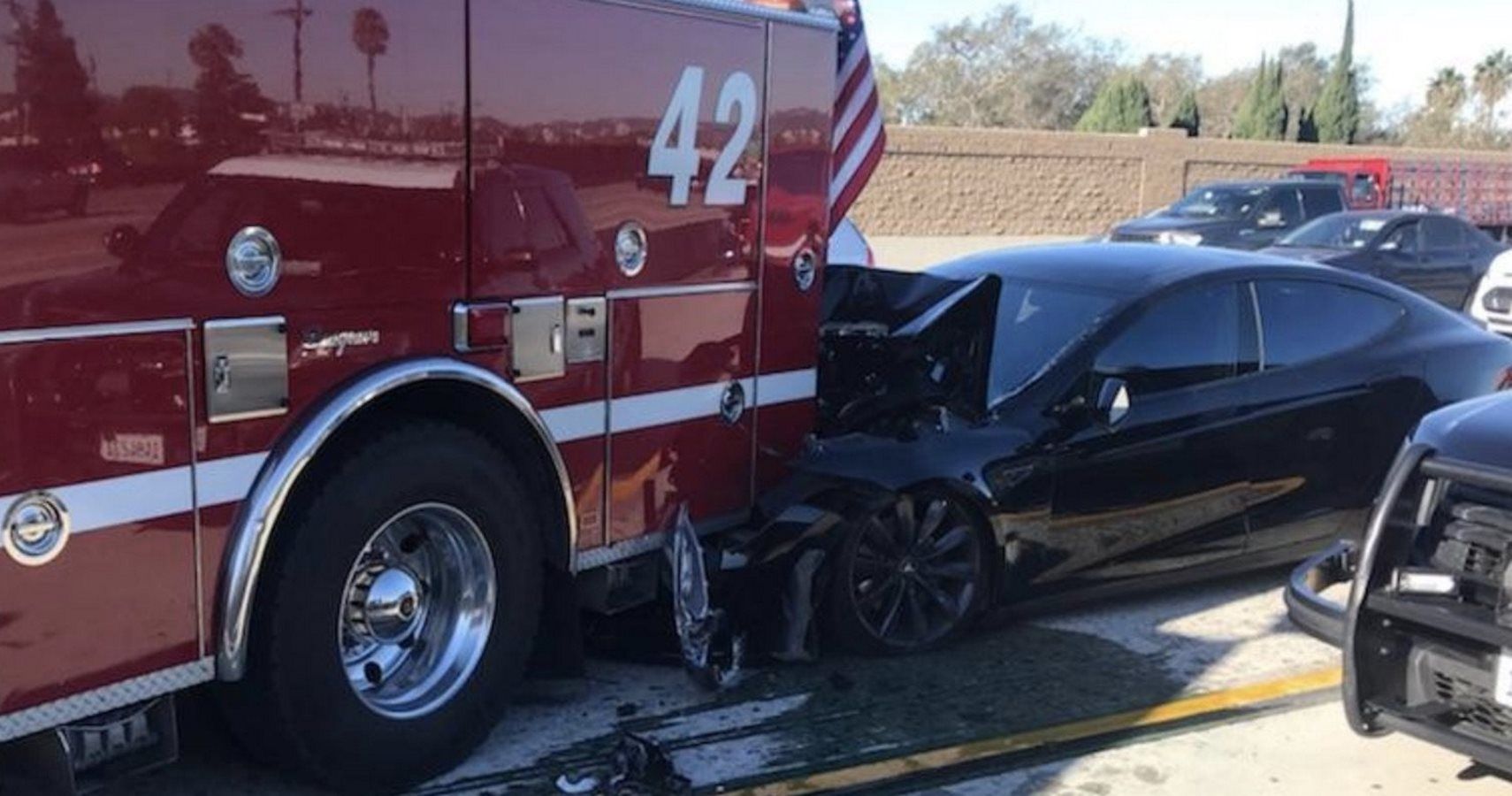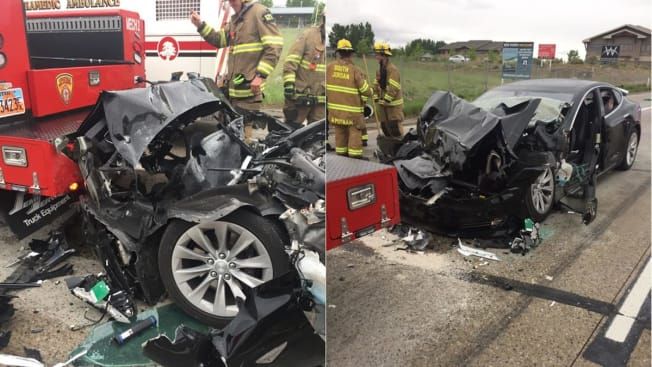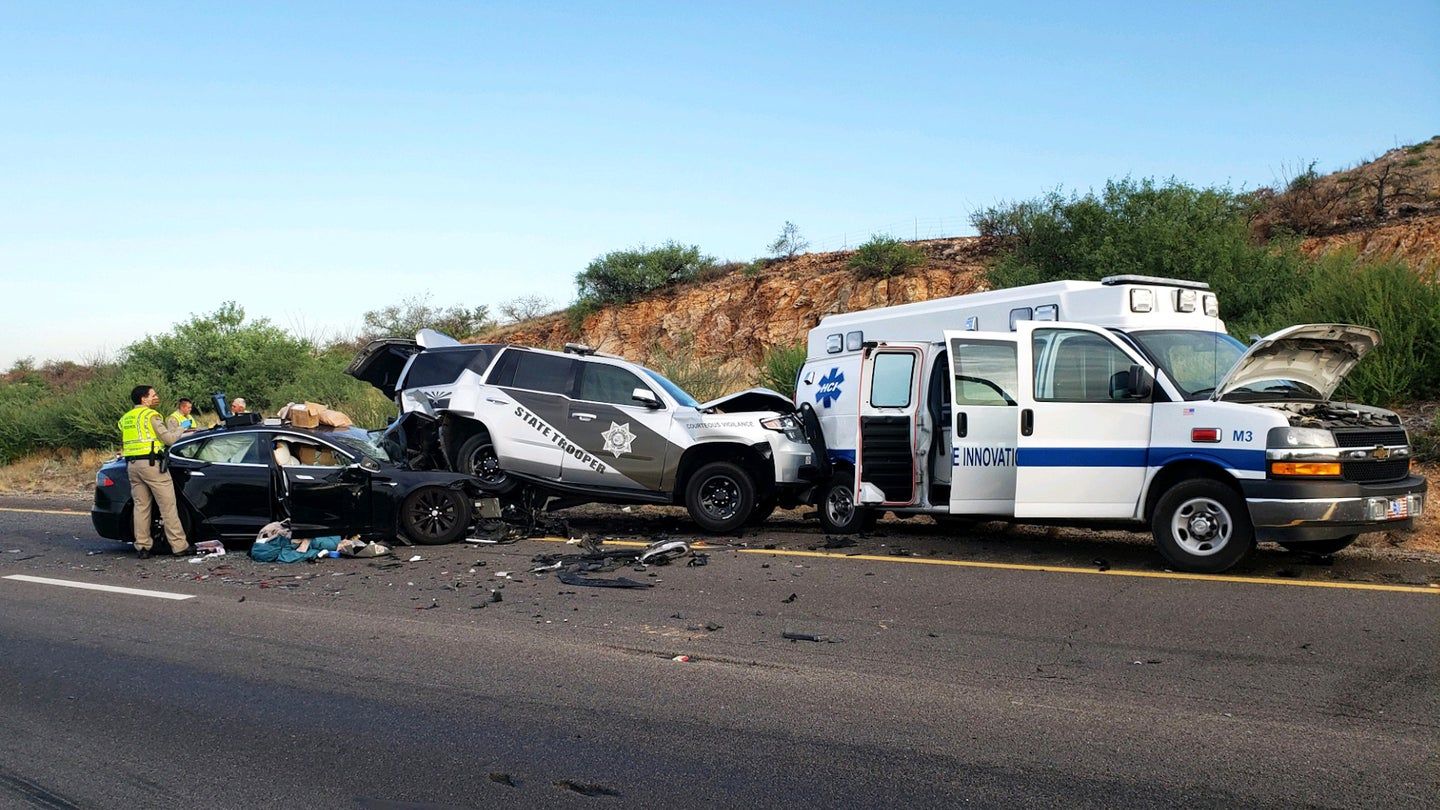The National Highway Traffic Safety Administration (NHTSA) began an investigation into Tesla Autopilot systems and related technologies requiring driver involvement, following 11 separate crashes in 2018, resulting in one death and 17 serious injuries. This includes the 2019 Tesla Model 3 crash, causing the demise of a passenger after it collided with a parked fire truck. An investigation can lead to a product recall, and the automaker can also be fined if a federal agency sees that it failed to report a safety defect promptly. NHTSA stated that certain advanced driving aid features could increase safety by helping drivers avoid accidents and reduce the severity of those crashes. However, as with all technology and equipment on motor vehicles, drivers must use them responsibly and correctly.
This comes after several years of references by the National Transportation Safety Board (NTSB), which recommended that Tesla should scrutinize its Autopilot software. NTSB recommended that the system be geofenced (restricted to areas where it can safely operate) and that drivers be monitored for their attention. This would effectively limit Autopilot's ability to operate in certain areas. Unfortunately, the Autopilot can be easily fooled into believing that the driver is paying enough attention.
Any restrictions could reduce the gap between Tesla's system and similar advanced driver assistance programs(ADAS) offered by renowned automakers. The Federal Bureau stated that no motor vehicles commercially available are capable of driving themselves. "Every vehicle needs a human driver to operate it at all times. All-State laws make human drivers responsible for the operation of their vehicles.
The Investigation
An evaluation will focus on Teslas's Advance Driver Assistance System (ADAS) on Model 3, Model S, Model X, and Model Y electric vehicles, produced from 2015 until now. These makeup for approximately 765,000 cars. Teslas have granted the Autopilot driver-assistance system in every vehicle from the beginning, pushing out software updates over time. Sadly, there have been many more Tesla crashes where Autopilot was a factor. Still, these are the ones that NHTSA will be looking into to plan the next steps for the agency regarding Tesla's technology.
NHTSA will conduct a probe into Tesla's Autopilot system. It will test the technology and methods used to monitor, assist, and enforce driver engagement while Autopilot is running. This will include how it reacts to road hazards and identifies them. The agency will also examine how Autopilot monitors and assists drivers and keeps them focused on the task at hand. This is a topic that many others believe is becoming more important as new cars get autonomous driving and speed control systems.
Tesla Autopilot consists of Autosteer, which helps a vehicle to drive in a highway lane, and Traffic-Aware Cruise Control, which regulates speed depending on traffic. A spokesperson for NHTSA said that preliminary evaluations are needed to understand the causes of the fatalities. It has been proven that drivers were not paying attention in many cases and crashed into vehicles on the road. This problem can occur with any cruise control system. They might now be investigating whether drivers are more comfortable with Tesla Autopilot and pay less close attention to it, which could lead them to crash.
The Evaluation
Experts from the National Transportation Safety Board warned that Autopilot's ability to automate braking, acceleration, and steering tasks could cause drivers to become dependent on it too much. As a result, Autopilot could cause a driver to lose focus on driving tasks, such as stopping at an emergency vehicle and its lights flashing. In addition, many of the incidents occurred at night when the first responder's vehicle was parked on the roadside.
Advocates for Highway Safety and Auto Safety stated in response to the formal investigation into Tesla Autopilot. They called for minimum performance standards for cars equipped with ADAS. The group urged legislators not to delay implementing a series of common-sense safety measures, requiring that the U.S. Department of Transportation issue strict safety standards. These were part of the House infrastructure bill but were removed from the Senate's final $1.2 trillion bills. This probe is yet another indication that President Joe Biden is taking a more aggressive stance than previous administrations on automated vehicle safety. The agency used to be reluctant to regulate new technology in fear of limiting the adoption of potentially life-saving technologies.
The Safety Agency adopted its most severe stance on these technologies in June when it ordered crash reports for self-driving cars and driver-assist systems. The firm will demand a report from any automaker within 24 hours if a vehicle with these technologies is involved in a collision. Further information will be required over the next few days.



